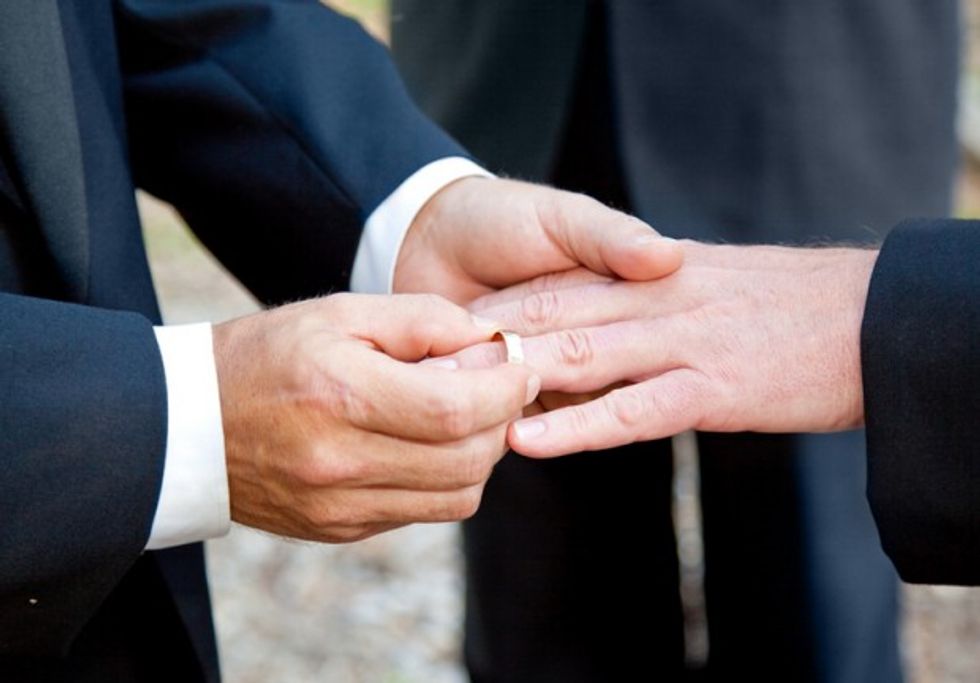
Photo credit: Shutterstock

Some might say the same-sex marriage case brought before the U.S. Supreme Court recently as an example that the country is experiencing a kind of moral decline, but a Vanderbilt University law professor argues quite the opposite.
While every generation has been known to bemoan the supposed lack of morality held by the one coming after them, Ed Rubin told TheBlaze that morality in Western countries is more simply changing to a new form with its own set of acceptable standards and rules.

Rubin said society is experiencing a "shift, a redefinition" that has been happening for about two centuries alongside the political shift to an administrative government.
"At end of the 18th century, you see the shift to a modern administrative government in all countries of Europe and the United States, based on completely different political experiences," Rubin said.
This change "made people think in terms of self-fulfillment — modern government is designed to serve the needs of people," becoming less "ask what you can do for your country" and more "what has your country done for you lately."
In other words, Rubin said, we're seeing a shift from a "morality of higher purposes" to a morality based in self-fulfillment.
"Every morality needs an internalized principle, not something that’s just a rule, but something that’s a feeling," Rubin, who recently published the book "Soul, Self and Society: The New Morality and the Modern State," said. "In the prior morality, that feeling is guilt. The force of guilt is to discipline people so they don’t do things that are immoral. What’s new is a similar principle and that is regret. If you give in to impulses, you will wind up regretting at end of your life that you gave up opportunities for self-fulfillment."
Speaking about his perspective in a video produced by the university, Rubin explained how the current government is creating an environment where people can fulfill themselves completely, which would include allowing gay marriage.
"You can see each time [the morality of higher purposes] loses ground, there's an effort to sort of rally around what's left," he said in the video about his perspective. "No one is going to say that women shouldn't have careers anymore ... and no one is going to say that minorities should know their place as subordinate members of society. So now it focuses around homosexuals who are still an acceptable group to oppose."
"What offends conservatives so much are the efforts of gay people to claim marriage as a right for themselves, which essentially invades the territory that the people still committed to the old morality are trying to defend," he said.
Rubin went on to argue that the definition of marriage itself is undergoing a transition away from a sanctifying process that's directed toward salvation to "a means that it's simply a matter of self-fulfillment."
Rubin acknowledged that people who believe in the morality of higher purposes will consider what they're seeing with new morality as a decline in the moral system. But he believes that the new morality has become and will continue to become the more accepted set of standards.
For those who subscribe to the morality of higher purposes, Rubin said that they "don't have to be fearful that these social changes are leading to anarchy, disruption or rampant social decline — they’re not. It’s a new system of belief that people may disagree with, but it’s not going to lead to a social collapse."
Overall, Rubin said he doesn't think "any of these views that are now being clung to and are generating all this emotional heat are going to be around 100 years from now," he said.
Watch Rubin speak more on the transition he has observed occurring in this video: